Title: A Comprehensive Guide to the Best Organic Pear: Specifications and Purchase Price Introduction: Organic food has seen a surge in popularity in recent years, with health-conscious individuals seeking out nutrient-rich and environmentally friendly options. Among these choices, organic pears are a tantalizing fruit that offers a multitude of health benefits. In this article, we will explore the specifications of the best organic pear, as well as provide insights into the purchase price for these premium fruits. Specifications of the Best Organic Pear: 1. Variety: The variety of organic pear plays a crucial role in its taste, aroma, and texture. Some popular organic pear varieties include the Bartlett, Anjou, Bosc, Comice, and Seckel. Each variety possesses unique flavors and characteristics, allowing consumers to choose their preferred type. 2. Size: Organic pears come in various sizes, ranging from small to large. The size of the pear can affect its overall sweetness and juiciness. Larger pears tend to have a higher sugar content, while smaller ones may be more crisp and tart. Consider your personal preference when selecting the size of your organic pear.
fruit
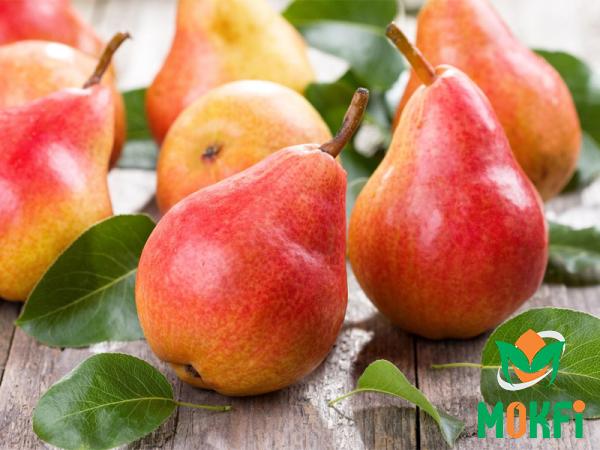 3. Color: The color of a ripe organic pear is typically bright, with various hues of green, yellow, and red. Color can indicate ripeness, as well as impact the texture and taste of the fruit. Look for pears with a consistent and vibrant color, free from blemishes or bruises. 4. Texture: The texture of an organic pear can range from buttery and smooth to slightly grainy. Some people prefer a softer texture, which indicates a more ripe pear, while others prefer a firmer texture for crunchier bites. Experiment with different textures to find your ideal organic pear. 5. Flavor: The flavor profile of organic pears can vary from sweet and juicy to mildly tart. Each variety offers a unique balance of flavors, making it essential to explore different options to find the taste that best suits your palate. Purchase Price of Organic Pears:
3. Color: The color of a ripe organic pear is typically bright, with various hues of green, yellow, and red. Color can indicate ripeness, as well as impact the texture and taste of the fruit. Look for pears with a consistent and vibrant color, free from blemishes or bruises. 4. Texture: The texture of an organic pear can range from buttery and smooth to slightly grainy. Some people prefer a softer texture, which indicates a more ripe pear, while others prefer a firmer texture for crunchier bites. Experiment with different textures to find your ideal organic pear. 5. Flavor: The flavor profile of organic pears can vary from sweet and juicy to mildly tart. Each variety offers a unique balance of flavors, making it essential to explore different options to find the taste that best suits your palate. Purchase Price of Organic Pears:
Specifications of fruit
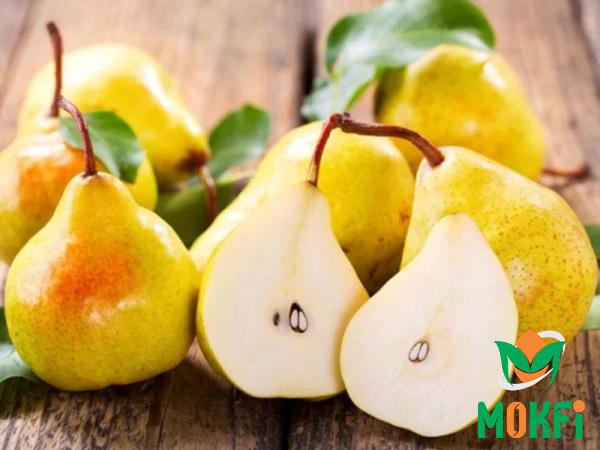 When it comes to purchasing organic pears, various factors can influence the price. These include: 1. Organic Certification: Organic farming practices require adherence to strict regulations, leading to higher production costs. This, in turn, affects the price of organic pears. Certified organic pears often come with a premium price tag compared to conventionally grown pears. 2. Seasonality: The price of organic pears can fluctuate depending on the season. Pears are typically harvested in late summer or early autumn, leading to a surplus during this period and subsequently lower prices. Conversely, off-season prices may be higher due to limited availability. 3. Quality and Grade: Organic pears that meet stringent quality standards, such as superior appearance and taste, often command a higher purchase price. Grade A pears, which have minimal defects and excellent eating quality, tend to be priced higher than Grade B or lower-quality pears.
When it comes to purchasing organic pears, various factors can influence the price. These include: 1. Organic Certification: Organic farming practices require adherence to strict regulations, leading to higher production costs. This, in turn, affects the price of organic pears. Certified organic pears often come with a premium price tag compared to conventionally grown pears. 2. Seasonality: The price of organic pears can fluctuate depending on the season. Pears are typically harvested in late summer or early autumn, leading to a surplus during this period and subsequently lower prices. Conversely, off-season prices may be higher due to limited availability. 3. Quality and Grade: Organic pears that meet stringent quality standards, such as superior appearance and taste, often command a higher purchase price. Grade A pears, which have minimal defects and excellent eating quality, tend to be priced higher than Grade B or lower-quality pears.
buy fruit
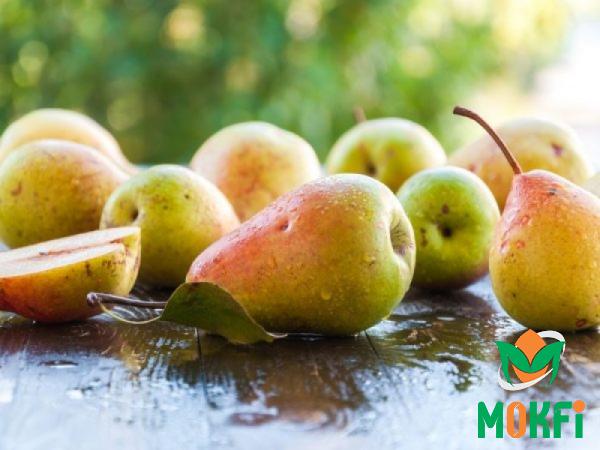 4. Packaging and Branding: Organic pears packaged in premium containers or branded packaging may have a higher cost due to added aesthetic appeal or marketing efforts by the supplier. Conclusion: When it comes to organic pears, understanding their specifications and purchase price is crucial for making informed buying decisions. By considering factors such as variety, size, color, texture, flavor, organic certification, seasonality, quality, and packaging, consumers can identify the best organic pears that align with their preferences and budgets. Ultimately, investing in premium organic pears ensures a delightful and healthier fruit-eating experience.
4. Packaging and Branding: Organic pears packaged in premium containers or branded packaging may have a higher cost due to added aesthetic appeal or marketing efforts by the supplier. Conclusion: When it comes to organic pears, understanding their specifications and purchase price is crucial for making informed buying decisions. By considering factors such as variety, size, color, texture, flavor, organic certification, seasonality, quality, and packaging, consumers can identify the best organic pears that align with their preferences and budgets. Ultimately, investing in premium organic pears ensures a delightful and healthier fruit-eating experience.
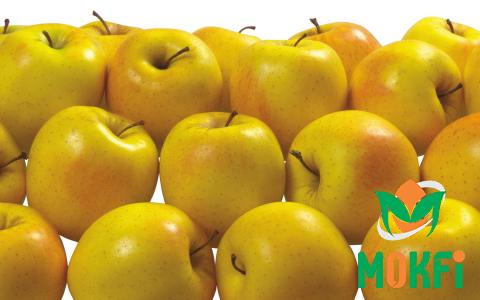
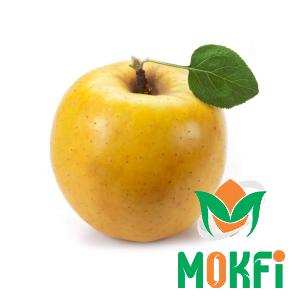
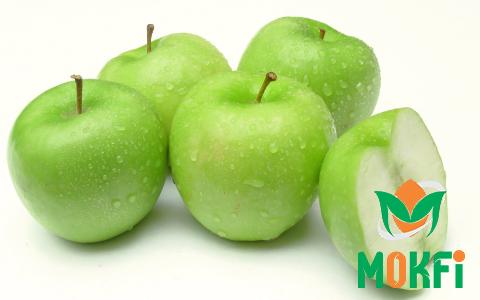
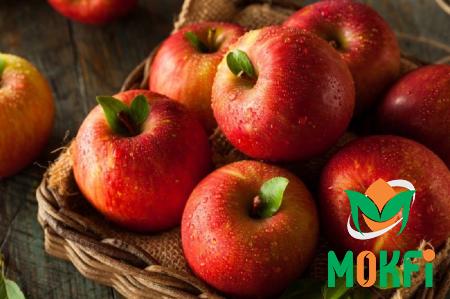
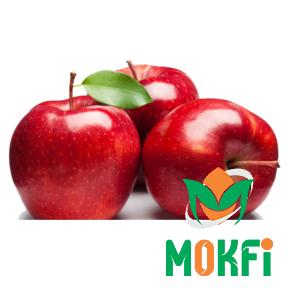
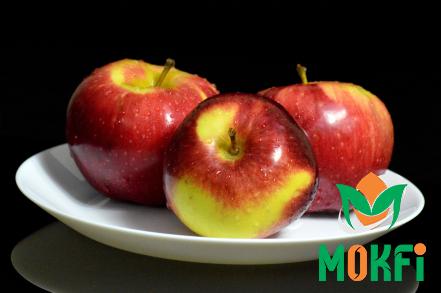
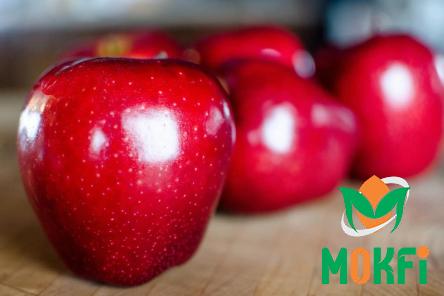
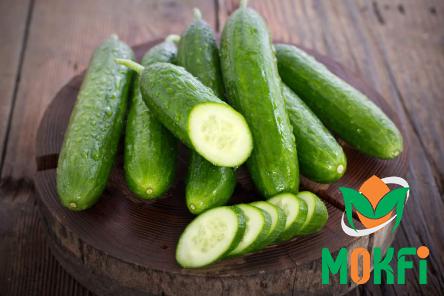
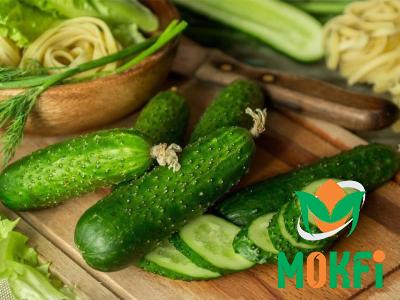
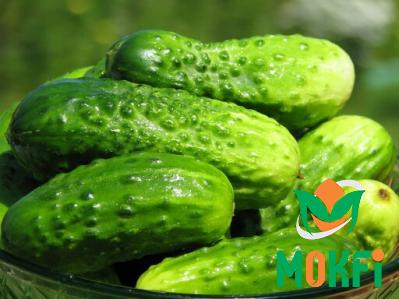
Your comment submitted.